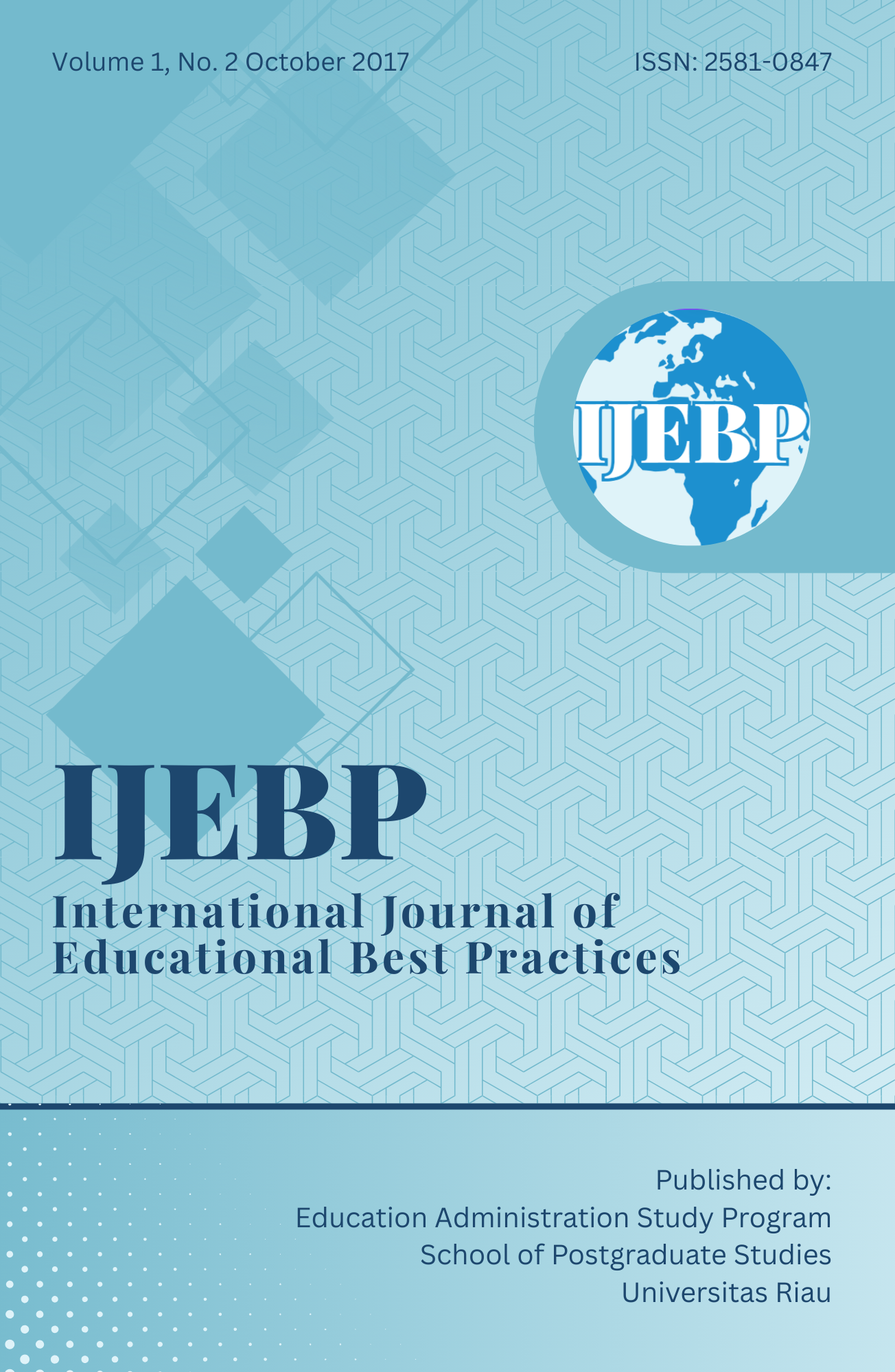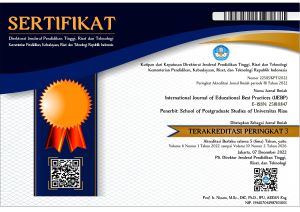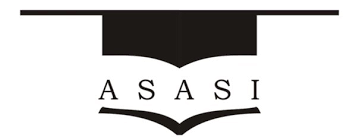Culture Shocks Experienced by Indonesian Students Studying Overseas
DOI:
https://doi.org/10.31258/ijebp.1.2.87-105Keywords:
culture, culture shocks, Indonesian students, studying overseasAbstract
This qualitative study is aimed at investigating culture shocks experienced by Indonesian students studying overseas in both academic and non-academic settings. It is intended to answer three research questions: 1) What stages of culture shocks did they experience?; 2) How did culture shocks affect their life?; 3) How did they solve the problems of culture shocks? Data were collected by distributing a questionnaire to 40 respondents and conducting an in-depth interview with selected respondents. Data were analyzed by categorizing information, sorting out similar information, and interpreting information. The data were validated by triangulation, member checks, and as clear description as possible. The findings showed that the students experienced culture shock in varying levels; initial euphoria, irritation, gradual adjustment, acceptance and integration. The study revealed that language was the most problematic aspect experienced by the students. Culture shocks affected students’ life in both academic and non-academic settings. Lack of confidence in class participation was the effect of culture shocks experienced by most of the students because of the language problem. To survive in host country, students solved the problems through various activities, such as by interacting with Indonesian people staying in host country, communicating with family and friends, consulting lecturers, academic advisor and counselor, tolerating with cultural differences, understanding host culture as well as introducing Indonesian culture, having positive attitude towards culture shocks, writing journals, and keeping physically and mentally healthy.
References
Ballard, Brigid and Clanchy, John. (1996). Study Abroad – A Manual Asian Students. Kuala Lumpur: Longman Malaysia.
Ferguson, Julia. (2002). Culture Shock. Retrieved January 10, 2006, from http://www.juliaferguson.com.
Field, P. & Morse, J. (1985). Interview Techniques. In R. Wiseman. (Ed). Research Methodology: Issues and Methods in Research. Melbourne: Deakin University.
Guanipa, Carmen. (1998). Culture Shock: A Fish Out of Water. Retrieved May 15, 2005 from http://edweb.sdsu/people/Cguanipa/cultureshock.htm.
Jandt, Fred E. (1998). Intercultural Communication: An Introduction. New Delhi: Sage Publication.
Karjadi, Emilia. (2003). Culture Shocks and Adjustment: A Case Study of Indonesian Students Studying Overseas. Unpublished Thesis. Universitas Pendidikan Indonesia. Bandung.
Levine, DR & Adelman, M.B (1993). Beyond Language. New Jersey: Prentice Hall Regents.
Maxwell, Joseph A. (1996). Qualitative Research Design: An Interactive Approach. London: Sage Publication.
Merriam, Sharan B. (1991). Case Study Research in Education – A Qualitative Approach. San Fransisco: Josey – Bass Publisher
Merriam, Sharan B., Simpson, Edwin L (1989). A Guide to Research for Educators and Trainers of Adults. Florida: Robert E Krieger Publishing Company.
Merton, R.K., Fiske, M., Kendall, P.I. (1990). The Focused Interview: A Manual of Problems and Procedures. New York: Free Press.
Milton, Thomas J. Understanding Culture Shock. Retrieved January 9, 2006. From http://www.faoa.org/journal/cshckfao.html.
Pavese, Jospehine Jane, Paul, A, Gladding, Sophie. (2000). Before You Go Overseas Travel Advise. Cambridge: OCS Publications. Harvard University.
Schneider, Katherine. (2005). Cultural Differences: International Students Coping with Culture Shock. Retrieved January 12, 2006, from http://www.uwec.edu/counsel/pubs/shock/htm.
Thomas, Sharon. (2001). The Culture Shock Phenomenon, Symptoms, Cures, and Implications. International Journal: Language, Society, and Culture. Retrieved November 16, 2005. from http://www.educ.utas.edu.au/users/tle/JOURNAL/Articles/Thomas.
Yin, Robert K. (2003). Case Study Research: Design and methods. California: Sage Publications, Inc.





